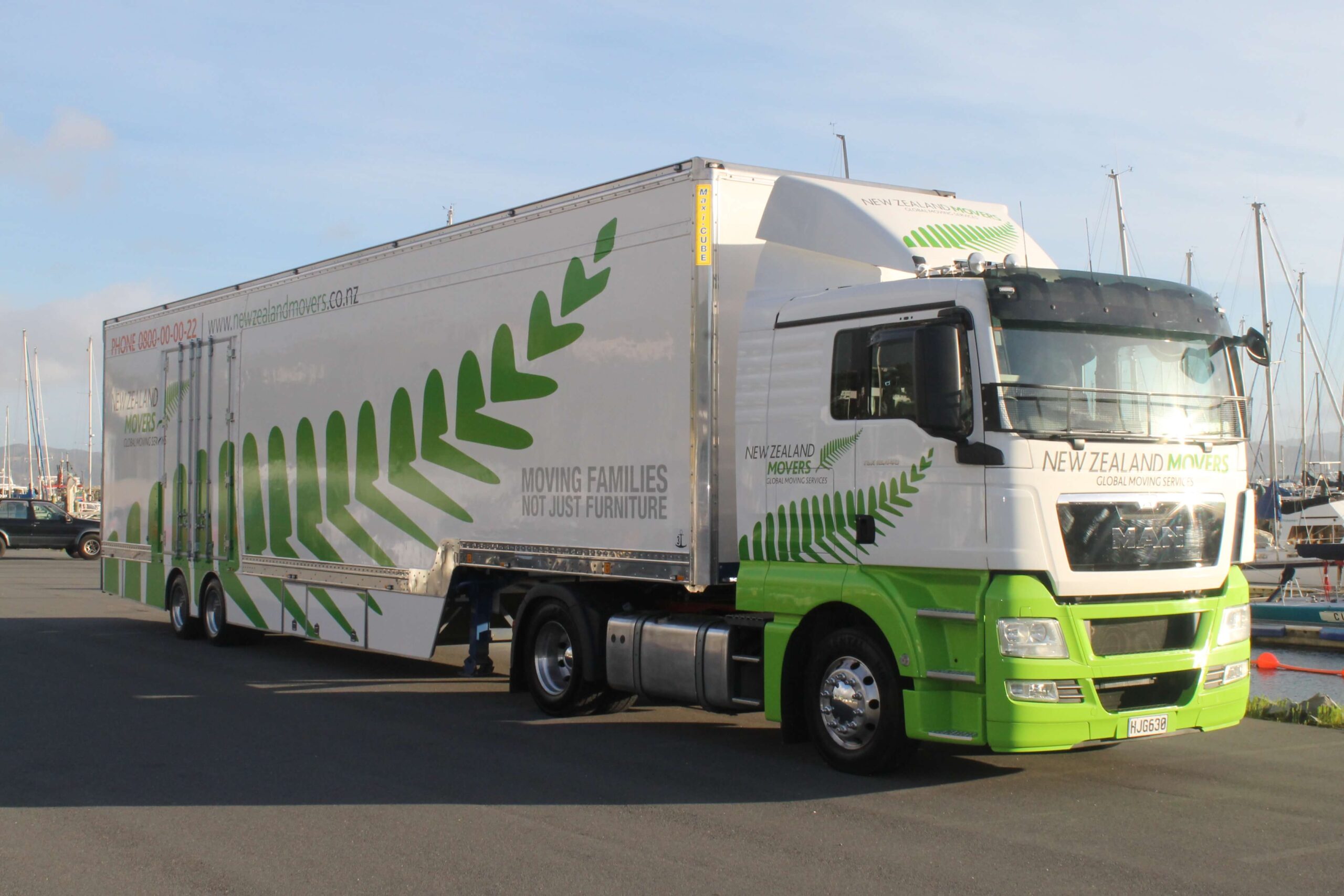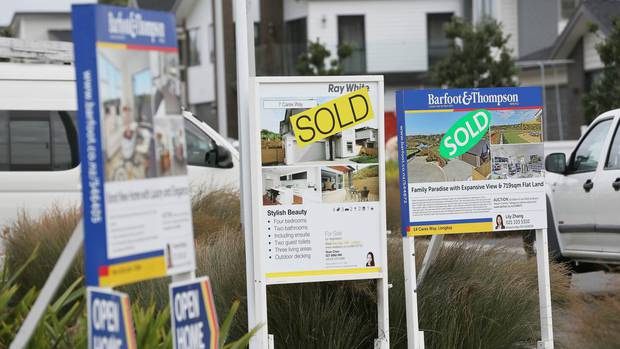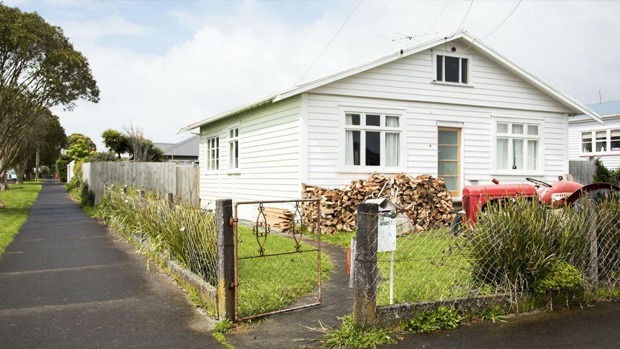Summer is waning, living costs in New Zealand are on the rise, and, despite an increase in NZ Superannuation, many over-65s still find their pension falls far short of providing a comfortable lifestyle. Could the answer to an idyllic retirement be somewhere overseas, where the weather is warmer and your funds go further?
New Zealanders living in Auckland, Wellington or Christchurch need savings of at least $101,774 at age 65 in order to be able to fund the most basic of lifestyles, a Massey University study found last year.
Dr Claire Matthews, who undertook the research, told Stuff that escalating house prices and mounting household utility bills meant NZ Super payments failed to cover the costs of living for many retirees.
So having $100K of savings still means a ‘no frills’ retirement: just getting by, eating a limited diet and no holidays.
Given this it’s not surprising why the idea of sun and sea, and a lower cost of living are powerful incentives when considering where you might retire.
When it comes to retirees moving overseas, dubbed ‘grey flight’ by some, exact numbers are hard to come by. Statistics New Zealand does not collect data on New Zealanders living or retiring overseas while the Ministry of Social Development could not provide figures on how many Kiwis abroad it pays superannuation to. It’s also worth noting that not everyone receives their pensions internationally.
Anecdotally however it seems more and more baby boomers are retiring abroad, or at least considering it.
Glenn Thompson, the CEO of Century 21 Pro Real Estate in Hua Hin in the Gulf of Thailand, said he has noticed a “large rise” in the number of New Zealanders and Australians coming to buy properties in Thailand due to the high cost of living in cities back home.
Hua Hin, described by Lonely Planet as a “refreshing mix of city and sea with an almost cosmopolitan ambience”, is a haven for golfers, with at least 10 top-class courses in easy reach of the city. It is also a good budget destination where seafood is cheap and plentiful, and there is convenient public transport.
Australasian buyers tend to buy off-plan and are usually attracted to an average price point of 8M baht, or NZ$348,000, said Thompson, who has worked in real estate in Hua Hin for 14 years. For that you get a three-bedroom residence, with two or three bathrooms and a private pool.
“It’s within a compound with security although Hua Hin is a very safe place,” he said. “Buyers are satisfied to be in the countryside but still within 10 minutes drive of the town centre and the beaches.”
Meanwhile International Living, an Ireland-based publishing company that writes about retiring overseas, recently set up an Australian operation. Its focus is on limited budgets and affordable living in exotic locales.
In its first-ever survey, International Living Australia named Malaysia as its 2018 number one retirement destination.
The English-speaking country ranked high for its weather, “world class” healthcare system, pristine beaches and its lenient visa rules.
Ranking just behind it were Thailand, Mexico, Cambodia and Bali. European destinations such as Spain, Portugal, Italy and France also made it into the top 15.
All these destinations offer different options for retirement – whether it’s balmy beaches and cheaper living or stunning landscapes and vibrant cultures. You’ll find other like-minded retirees living in these places too, often providing a close-knit community.
However it’s worth considering several things before opting for a late-in-life OE, as someone Overseas and Experienced.
Money is crucial, and in some cases you can receive some or all of your NZ Super if you live in another country. There is information on Work and Income’s website on this here.
Cheaper living costs are a major motivation for many, but that shouldn’t be your only reason for retiring abroad or you are simply an economic refugee. Like all good travellers you’ll need a strong desire for adventure and new experiences, a sense of humour and a hefty dose of patience.
Think about whether you see this as a permanent move. Many overseas jurisdictions have quite stringent rules around who gets medical care. Meanwhile the very elderly or infirm may prefer to be closer to family and friends. If you are able to, it is worth keeping property in Aotearoa so you have somewhere to return to later if you wish.
If you are feeling the pinch in New Zealand, it is worth remembering that releasing equity in the family home and moving to a retirement village provides an immediate boost to savings and income.
Studies undertaken by social research firm CRESA found that 20 per cent of incoming residents released more than $200,000 and around 60 per cent released more than $50,000 when they sold up and moved to the village, said Retirement Villages Association executive director John Collyns.
“We also know that the majority of residents move to a village that’s a short distance from where they’ve always lived so they remain connected to their community. Other benefits include companionship, a no-hassle lifestyle, and a pathway to care if needed and are the reasons why villages are so popular. All of these are more difficult to achieve if the retiree moves to Thailand or wherever.”
By: Rachel Helyer Donaldson, INsite Magazine
Article: http://insitemagazine.co.nz/2018/02/13/grey-flight-how-likely-are-baby-boomers-to-retire-overseas/
Home lending restrictions could ease again by year end
Home lending restrictions could be eased again by the end of this year, an economist is predicting.
The Reserve Bank left property loan restrictions on hold today after easing them slightly in January.
Loan-to-value ratio restrictions have been in place since October 2013, requiring most home buyers to have a 20 per cent deposit.
In January they were eased to allow banks to lend up to 15 per cent of their new lending to owner-occupiers with a deposit of less than 20 per cent – up from 10 per cent.
At the same time the cap for lending to investors eased to allow the banks to lend up to 5 per cent to investors with equity of less than 35 per cent – down from 40 per cent equity…
By: Tamsyn Parker, Money Editor, NZ Herald.
Read full article here: https://www.nzherald.co.nz/personal-finance/news/article.cfm?c_id=12&objectid=12061289
The downsizer’s bible
There comes a time in life when many Kiwis want to downsize to a smaller home. The reality of doing so leaves many frozen like a possum in the headlights. Often the fear is tied up with a lifetime of possessions, says Janice Emery, real estate agent at RE/MAX.
Janice and her business partner Di Connolly realised there was a market in helping such people with an end-to-end move.
The pair have written a booklet giving advice on the process covering issues such as the need to get legal advice and how to source practical help in decluttering, upgrading the property for sale, and even waste collection.
Many clients find themselves alone in a large house and can find it depressing and/or a burden, says Janice.
After decades in the same property they may also feel a fear of the unknown…
By: Diana Clement, OneRoof.
Read full article here: https://www.oneroof.co.nz/news/the-guide-book-to-downsizing-35222









